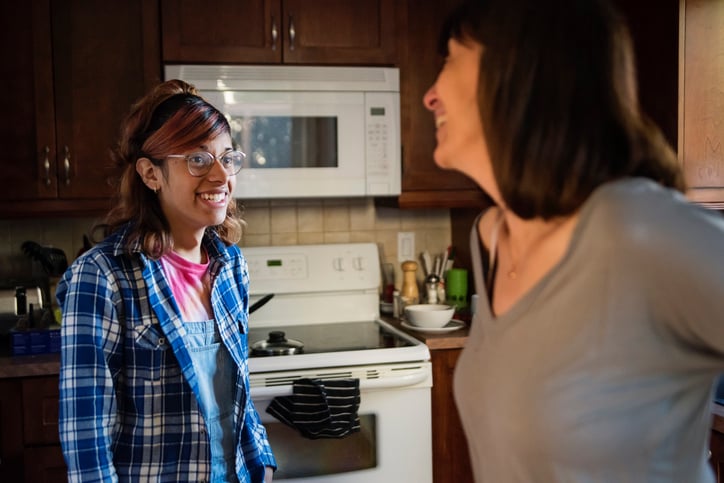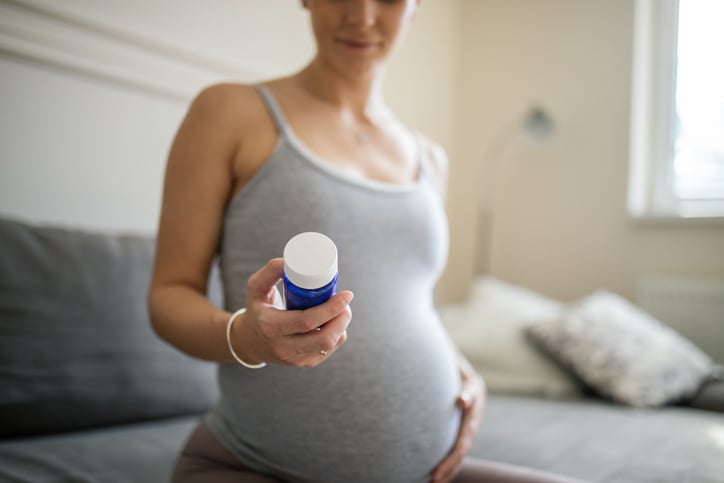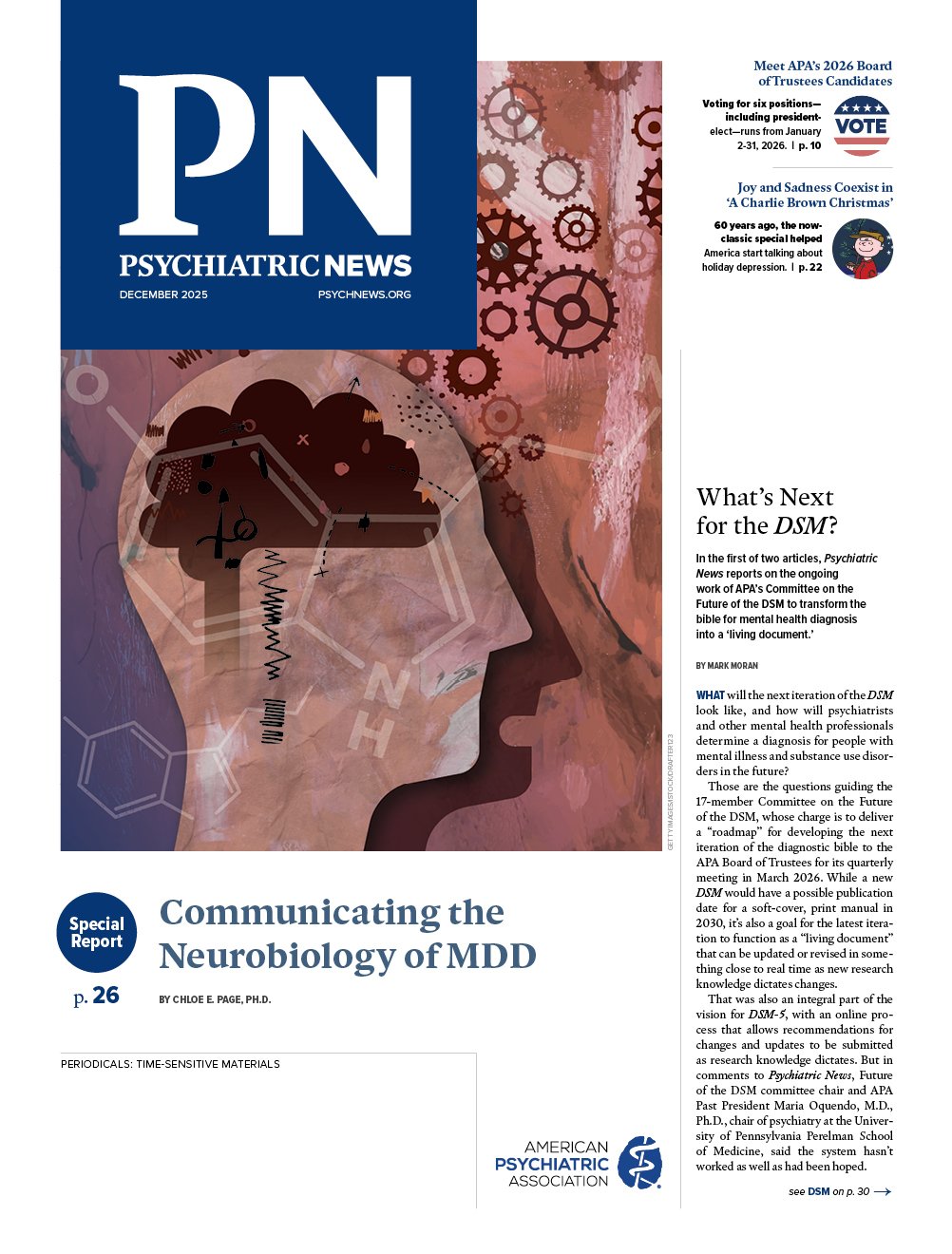Individuals between the ages of 25 and 64 who are on Medicaid had a higher rate of suicide in 2020 t...
Cannabis products that primarily contain cannabidiol (CBD) bring little relief to people with chroni...
Individuals largely misinterpret the instructions when completing the most commonly used depression ...
On Thursday, the Centers for Medicare and Medicaid Services (CMS) proposed two rules that would prev...
Nearly one in five valproic acid (VPA) prescriptions filled between 2017 and 2022 went to women of c...
Just six common symptoms of depression were responsible for the link between depression in middle-ag...
Robotic cats and dogs that purr, bark, and respond to touch may help bolster positive feelings of ol...
In 2022, national spending on behavioral health care for children ages 6 to 17 was nearly $42 billio...
When it comes to preventing depression or anxiety relapse, slowly tapering off an antidepressant whi...












